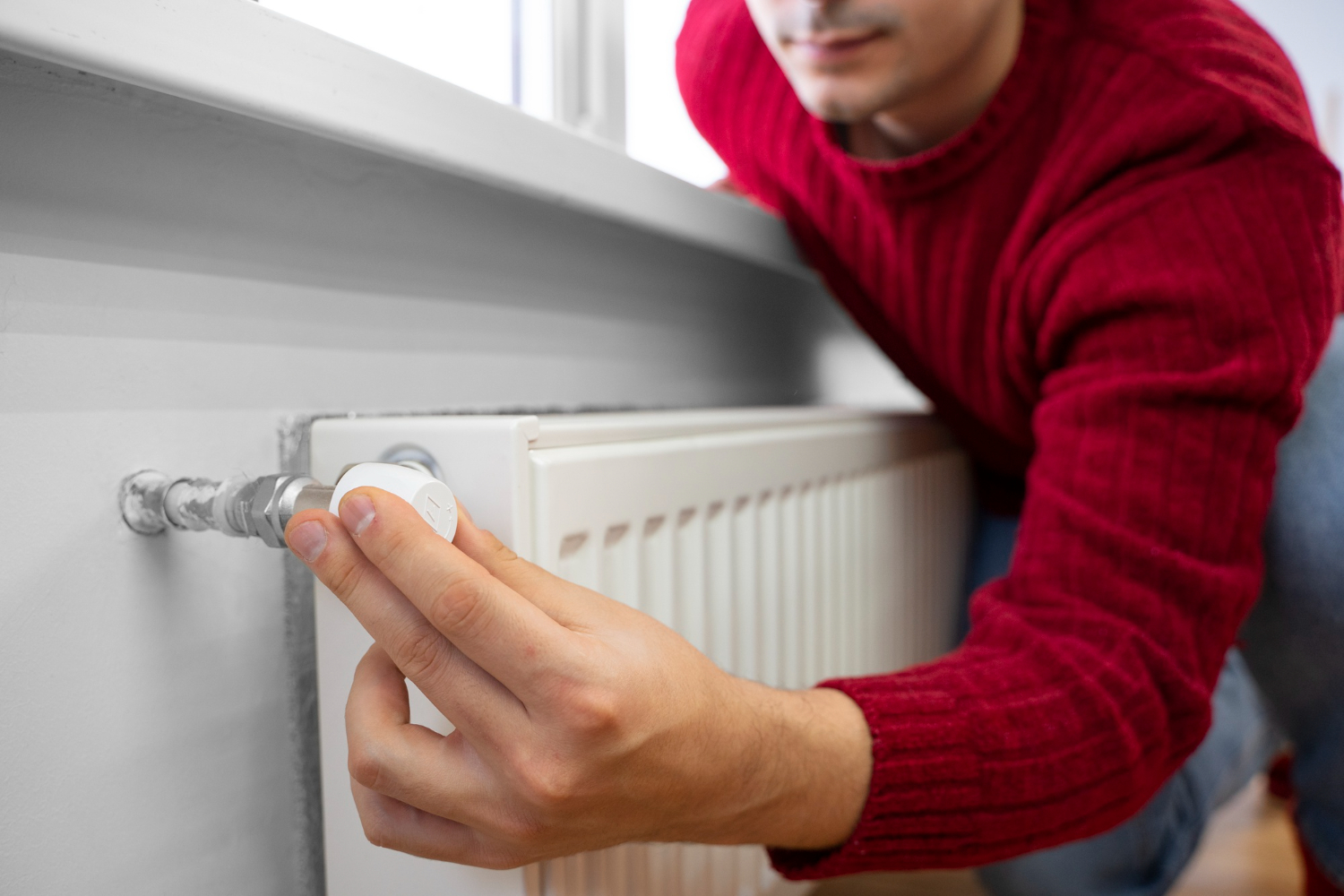Elegant Home Decor: Imperishable Ideas for a Lustrous Interior
Elegant Interiors to Transform Your Home – and Your Life! …

The time has come for you to shift to a smart room heating system. The market is loaded with brands boasting about their efficiency in warming your home safely. But the smart Heat Pumps put them all aside in terms of safety and efficiency. You might feel confused about which is best for you as they come in varieties. Believe us, it is not that tough. We will help you learn the types of these excellent systems to reach the most promising option.
Professionals, like Maine Energy Experts, will recommend switching to these home-warming systems for energy saving. These pumps are smarter and transfer warmth rather than generate it, resulting in less carbon dioxide emissions and incredible functionality with less electricity. Additionally, depending on the weather, you can switch its functionality (warming or cooling). Due to these features, this warming system leads to long-term savings, making it a more brilliant choice.
Before you read further, let us inform you that they come in two forms: ducted and ductless. In the former option, a system of air ducts is applied to distribute warmth throughout your home. However, the latter option is split into two units: indoor and outdoor. The indoor unit serves a specific area and is mounted on a wall.
Explore the varieties of these advanced room-warming systems through the following pointers.
Abbreviated as ASHP, this technologically advanced option absorbs heat from outside air, boosts its temperature, and then spreads it to your room through ducts or an indoor unit. An outdoor unit is established in an open area to soak up warmth from the air directly. This is an amazing option that also works as an efficient air cooling system if your home is in a moderate climate.
Popular with another name, geothermal heat pumps, this category uses a unit that uses the ground’s warmth to warm or cool your home. A loop or network of pipes is employed underground, circulating a fluid that is further used by pumps to operate efficiently. Those who plan to stay in their homes for many years must proceed with it.
This option uses water sources like rivers, lakes, or groundwater to keep your home warm or cool. Its exchange of energy from water makes it the most environmentally friendly choice. Again, a loop (closed or open) is used to transfer heat from the water in WSHP systems. The system will work efficiently if the water is cooler than the desired indoor temperature.
As the name suggests, they integrate two systems: a pump and a gas furnace. The former handles milder weather warming, whereas the latter works efficiently in colder weather. This combination allows the design to work more efficiently.
Discover the most suitable type to keep your home warm or cool.
Your decision to switch to these advanced heat pumps will yield ample benefits. Indeed, these incredible options fit your requirements and budget. Also, never hesitate to ask for the best advice from HVAC professionals.